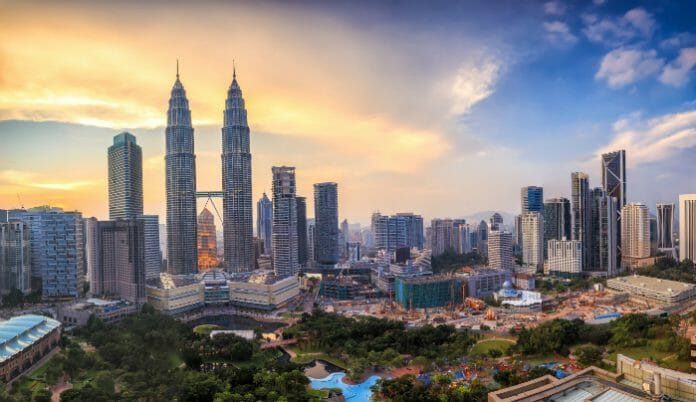According to the World Bank’s latest edition of Malaysia Economic Monitor, the nation’s growth is set to resume in 2021 at 6.9 percent as the outbreak eases following projections to contract by 3.1 percent this year due to the impact caused by the Covid-19 outbreak as well as the measures to contain the spread that followed suit.
The report stated that the aggregate investment contracted for the fifth consecutive quarter by 4.6 percent in Q1 2020 with broad-based weaknesses in both private and public investment as compared to a contraction of 0.7 percent in Q4 2019.
Due to a weak external demand, Malaysia’s exports of goods and services declined for a third consecutive quarter by 7.1 percent in Q1 2020, registering the largest decline since the Global Financial Crisis in 2009.
The report further highlighted that private consumption moderated to 6.7 percent Q1 2020, down from 8.1 percent in Q4 2019. This largely reflected the substantial impact of the Covid-19 and the Movement Control Order on retail, travel, leisure and recreational spending and consumption of durable goods during the previous period.
Putrajaya responded by introducing two rounds of the Prihatin Rakyat Economic Stimulus Package in February and March, followed by a more recent Penjana Short-Term Economic Recovery Plan.
“Higher public spending coupled with declines in fiscal revenues, however, has led to a narrowing of fiscal space. Therefore, reallocating expenditures towards priority areas, identifying new sources of non-tax revenue, and amending statutory limits on borrowing could help to temporarily expand fiscal space,” the World Bank said in a press statement.
“Important social protection measures are needed to help vulnerable Malaysians survive the current economic storm and thrive in a new post-pandemic reality. Protecting livelihoods is important so that those who have lost their jobs and businesses are able to get back on their feet and contribute to Malaysia’s economic recovery,” said Firas Raad, World Bank Group Representative to Malaysia and Country Manager.
The report also recommends for government efforts to focus on supporting relief and recovery efforts by deepening social assistance for lower income households, improving the delivery of social protection programmes and promoting job recovery.
“Further rounds of cash transfers will remain vitally important to mitigate acute financial strains among the most vulnerable groups in Malaysian society and to support domestic consumption and human capital development during a severe economic downturn,” said Raad.
The World Bank further stated that over the medium and long term, support for lower-income groups can be gradually expanded to ensure that Malaysia’s social protection system provides a minimum level of protection to all households and individuals in need.









